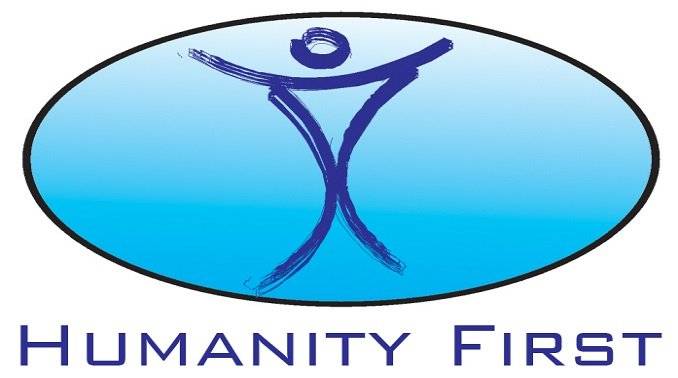On April 20, the OSTP (Office of Science and Technology Policy) and the United States Patent and Trademark Office (USPTO) hosted the 2015 – Patents for Humanity Awards in the Eisenhower Executive Office Building. The USPTO announced the winners on April 13, 2015. Patents for Humanity is the USPTO’s voluntary prize competition for patent owners and licensees. The program was launched at The White House in February, 2012 for promoting businesses of all kinds to apply their innovations to address global challenges in health and standard of living. The award recipients received public recognition in the award ceremony, a certificate to expedite processing of certain matters before the USPTO: a patent application, ex parte re-exam, or an ex parte appeal to the Patent Trial and Appeal Board.
Applications were accepted through October, 2014 in five categories of global issue: Medicine, Nutrition, Sanitation, Household Energy and Living Standards.
The winners are as follows:
Sanofi for the anti malarial drug, Artemisinin, which is derived from the sweet wormwood plant in Asia and Africa. They took the drug from laboratory experiments to factory production and supplied the drug on no-profit no-loss basis in the developing countries.
Novartis for discovering a class of compounds called indolcarboxamides that are active against drug-sensitive and multidrug-resistant strains of Tuberculosis. Novartis provided their entire Tuberculosis R&D including the compound to the Tuberculosis (TB) Alliance, a non-profit product development partnership that seeks improved procedures to treat Tuberculosis.
American Standard Brands for partnering with BRAC, UNICEF, Save the Children and other NGOs to distribute SaTo (Safe Toilet) Technology created for people worldwide who do not have access to safe, basic sanitation.
SunPower Corp for fitting solar panels on top of standard shipping containers and equipping the interior to power rechargeable lanterns. They donate them to partner organizations for distribution in impoverished communities, along with ongoing technical support.
Nutriset for developing nutritional products made from peanuts and other ingredients that helps malnourished children quickly and safely regain weight and digestive function. The nutritional product is branded Plumpy’Nut. They distribute the product partnering with UNICEF, USAID and offer open licensing to producers to work towards self sufficiency.
Golden Rice for inventing the first bio fortified food (genetically enhanced to provide a source of vitamin A for people subsisting mainly on rice) and for donating it to the resource poor in developing countries.
Global Research Innovation & Technology (GRIT) for creating a wheelchair technology to increase mobility for the disabled. In partnership with the World Bank, Red Cross and others the chair has been distributed in India, Brazil, Guatemala, Guinea, Kenya, Haiti, Easter Island, Nepal and Tanzania.
Image Source/Attribution: here (Governed by Creative license CC BY-SA 3.0)



